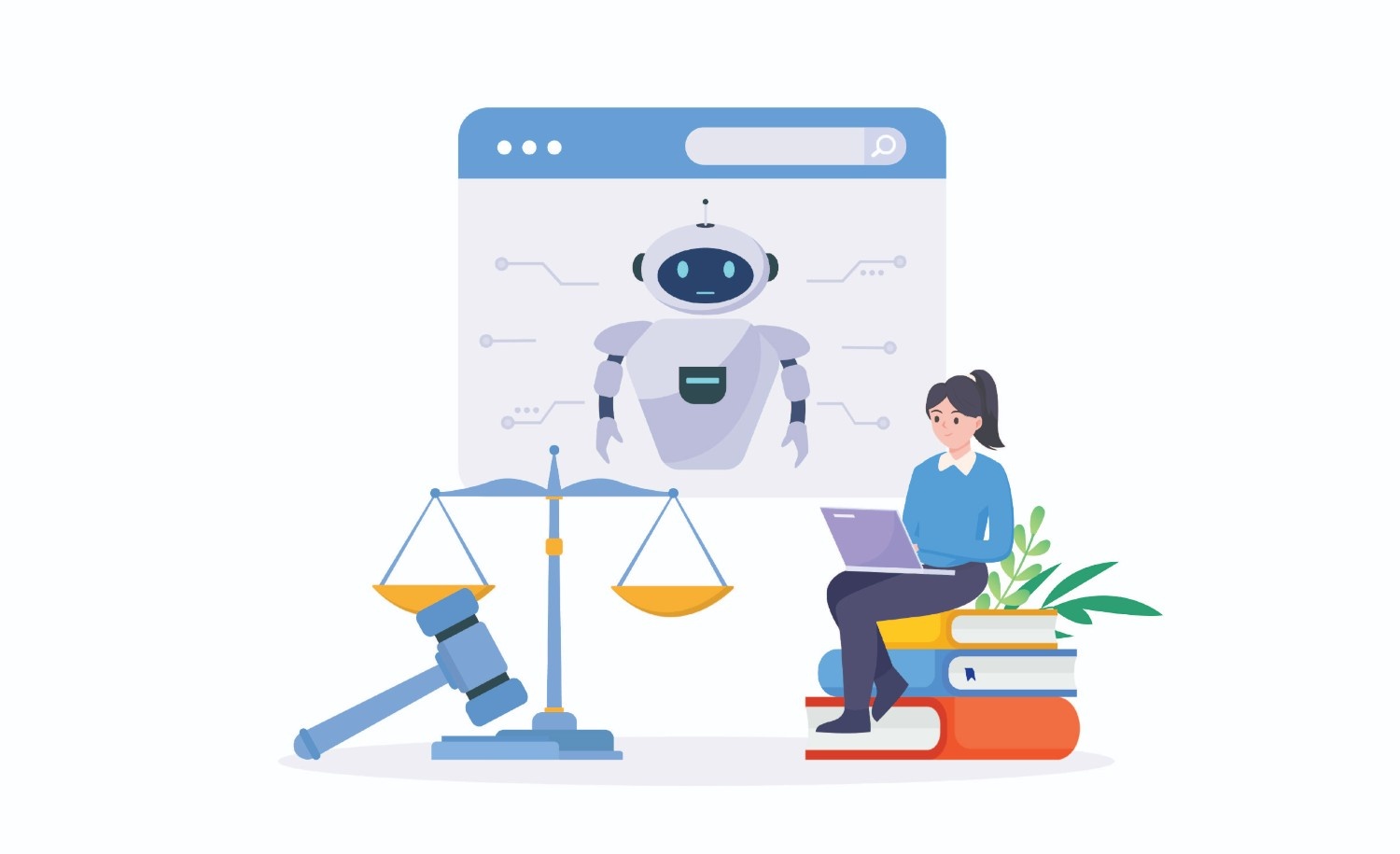AI and Implied Contracts: Addressing Legal Challenges in Automated Transactions
As AI systems increasingly perform tasks like purchasing, customer service, and contract execution, businesses face complex legal challenges tied to implied contracts. This article examines how AI impacts traditional contract principles, explores potential liabilities in automated transactions, and offers actionable strategies to mitigate legal risk through oversight, transparency, and cross-functional collaboration.
AI is gradually altering the way contracts are made in business, frequently without any formal agreement. In automated systems with robots interacting with one another, processing purchases, or initiating services, modern realities challenge the traditional methods of contracting. The concept of implicit contracts is among the most intricate legal ambiguities.
AI claims to be able to simplify procedures, speed up transactions, and make better decisions. There is some confusion associated with this efficiency, particularly regarding the legality of agreements made without human involvement. Knowing how implied agreements operate is crucial in this day and age, as companies increasingly use chatbots, recommendation engines, smart contracts, and automated purchasing systems.
What Are AI-Implied Contracts and Why Are They Important?
An implied contract is a legally binding agreement based on what the people involved did, how they acted, or the situation they were in, not what they said or wrote. People usually agree to these contracts when it's clear that both sides wanted to make a deal, even if they never said it out loud or signed anything.
Implied contracts usually cover things that happen every day, like when a customer goes to the barber and gets a haircut but plans to pay for it later. There is no written or spoken agreement, but the way both sides act makes it seem like they agree.
Imagine this idea in a digital world where AI systems can buy things or start businesses on their own based on rules that have already been set. This is where the legal problems start: there is no conscious human involvement in these cases.
If an AI tool orders things, signs up for a service, or just talks to another system to do a financial transaction, is the business bound by an implied contract? Can you settle a disagreement in the same way that someone would if they clicked "I agree"? Who is to blame if the deal goes wrong?
These questions aren't just for fun. They're becoming more and more important in fields where computers make decisions in real time.
"Explore our Contract Management Software to log AI-triggered agreements…"
When AI does things for a business, who is in charge?
When talking about AI and implicit contracts, one of the most important legal issues is agency. Can AI really help businesses? The law does not see AI as a person or an entity, and it cannot "intend" to do something like a person can. Judges may still look at the situation where the AI is used, especially if the system is designed to follow certain business rules.
For example:
-
If a chatbot gives a customer a discount and takes their payment, has an agreement been made?
-
If an AI buying agent automatically orders more goods when use limits are reached, has the business signed a contract?
-
If an AI system agrees to terms on a third-party platform or takes part in bidding, who is responsible for what happens?
In these cases, a court can say that an implicit contract was made based on how the company that used the AI acted and what they thought would happen. That's why businesses need to make sure their AI works well with other systems and customers.
Even if there isn't a signed contract, companies may still be responsible for the actions of their systems, especially if those systems often deal with customers or vendors.
Common Risks in Automated Transactions
When companies use AI more often in transactions, they have to deal with a lot of problems with implied contracts:
-
Unintended Commitments: AI might do business or start services without enough oversight, which could lead to unintended binding commitments.
-
No Human Consent: A lot of contract laws require some kind of "meeting of the minds" or "joint intent," which AI can't do on its own.
-
Dispute Complexity: It might not be clear who made the decision when there is a problem, like a billing mistake, a delivery failure, or an illegal renewal.
-
Ambiguity in System Design: If you can't see or write down how your AI makes choices, it will be hard to prove or disprove that there was an agreement.
These examples show how important it is to be clear, keep records, and set clear rules for AI's behavior, especially when it comes to dealing with customers.
"For tighter oversight over automated purchasing, check out Procurement Software that integrates human approval gates."
Best Ways to Reduce Legal Risk
To avoid problems with AI's implied contracts, businesses should do things ahead of time:
1. Look at the AI decision points and make a map of them.
Be aware of every situation in which your AI interacts with other people, like chatbots, automated billing, or executing smart contracts. Make a list of what causes these meetings and make sure they fit with the organization's goals.
2. When you can, limit AI's power.
Make sure your AI systems can't do too much on their own. For example, you could limit how much people can buy, require a person to approve purchases, or only let customers talk to each other if they follow a script.
3. Change the Terms of Use and the Disclosures
Your website, platforms, and AI interfaces should all explain how automated systems work. Let people know that AI might handle or respond to interactions and list any limits.
4. Keep an eye on and write down what AI does
Keep track of all automated transactions and decisions in great detail. These records could be very important proof if there is a disagreement about whether a contract was made.
5. Train Your IT and Legal Teams Together
Tell your lawyers to work with the engineers who are making your AI systems. There are often legal risks built into the code, and the first step in lowering them is for these departments to talk to each other.
AI's Future and Unwritten Agreements AI's Future and Unwritten Agreements
Because the line between human and machine decision-making is getting less clear, contract law will have to change to deal with these differences. But businesses need to be careful until the law is clearer.
Even though AI doesn't have intent, courts can look at actions as if they did, especially when automated systems are seen as parts of the businesses that made them. Companies can use automation to their advantage as long as they stay ahead of the game and don't worry about any legal issues that might arise.
As we move toward a future where machines handle interactions, businesses will need to understand how implicit contracts work in AI-driven environments.

Subscribe & get all related Blog notification.





Post your comment